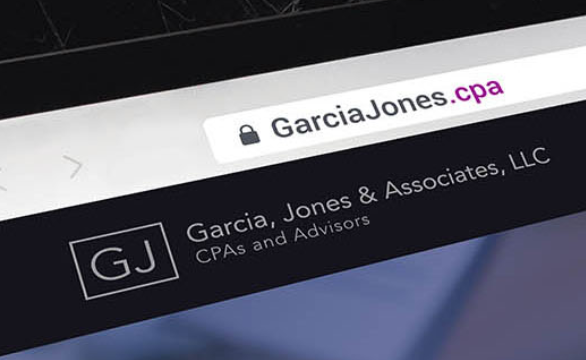While accountants and tax pros were busy keeping up with tax law and accounting changes, marketers faced a few huge changes of their own in the digital marketing space, mostly from Google. Here’s a run down of a couple of things that happened during busy season while you might have been looking the other way.
Search Rankings Shake-Up for June 2021
While Google updates its search ranking algorithm on a daily basis, it generally announces big changes ahead of time. The Page Experience update coming in June is a big one that could impact the way your site ranks in search results.
The Page Experience update includes three metrics called Core Vitals as well as four additional page experience ranking signals. The values of these seven items will be added to Google’s search algorithm and will affect site and page rankings. Google’s reasoning for adding these items signals its continued emphasis on mobile-first strategy: it’s all about providing a better mobile experience for the user.
The three metrics Google will be weighing more heavily in search results are Largest Contentful Paint (LCP), First Input Delay (FID), and Cumulative Layout Shift (CLS). These are all related to the speed of your website – how fast it loads for the user. The four additional signals include mobile-friendliness, safe browsing, HTTPS, and no intrusive interstitials.
Most sites have been updated to be mobile-friendly, but just in case you’re not sure about your site, you can test it here: https://search.google.com/test/mobile-friendly. Safe browsing means Google will prevent pages with malware, harmful downloads, uncommon downloads, or deceptive intent from ranking.
If you site shows a padlock icon to the left of your URL in the URL bar in your browser’s header, you’re all set. If it shows “not secure,” you need to look into getting a secure SSL certificate for your site. Interstitials are popups, including ads, opt-in boxes, chat features, and other items that may cover up content on your page. Pages with intrusive interstitials will be penalized.
If you want to read the page-experience-update announcement from Google directly, here is the page: https://developers.google.com/search/blog/2021/04/more-details-page-experience
Your action item for this change is to check with your webmaster to make sure they are on top of this update. If you don’t have a webmaster or want to validate their work, you can check your Core Vitals using https://webpagetest.org/ or Google Search Console. This will let you know if you have an issue or not.
If you have a large home page graphic that slides with multiple panels or video content, you probably need to make some changes. Plus, these are now out of style, so it’s a good time to remove these from your website so your site doesn’t look dated.
Google Analytics (GA) Extreme Makeover
GA is the complimentary platform that helps website owners track information about the people who visit their sites. As the world becomes more mobile-ready, GA has, too. Its newest version, GA4, has been completely rebuilt, and there are a couple of things you need to know.
Previously, GA tracking for websites was separate from tracking for apps (which was done in Firebase). In GA4, tracking is now combined, so if a company owns a website and an app, they can see both on one account.
User tracking is enhanced in GA4 as well. Previously, tracking was pretty much limited to device ID: if a person visited a website on their laptop and later viewed it on their phone, Google could not tell it was the same person. With GA4, it can. It allows Google to track activities of users across platforms and to better identify users using AI and machine learning.
If you don’t have a Google Analytics account connected to your website, do it now. The data is not retroactive, so every day you delay, you will never know your traffic numbers.
To be proactive about GA4, discuss the GA4 conversion with your webmaster because with some sites, there are some huge gotchas.
If you want to look into this yourself, look in your Google Analytics account for the “Convert to GA4” option. This will give you the code to add to your site to begin the GA4 tracking. Be sure to ADD this code while keeping the old GA code (Universal Analytics) in place.
Hackers Everywhere
Hacking of websites increased exponentially in 2020. Chances are you may need to implement additional protection for your site if you don’t have it already. Commercial hosting solutions may not be enough anymore, and it’s easy to not even know if your site has been compromised.
Consider adding a firewall and 24/7 security monitoring to your existing web hosting solution. The last thing you need as a CPA firm is for your clients to lose trust in your ability to secure data.
The Digital Marketing Learning Curve
This summer will be a busy one for proactive marketers. As you might be realizing, the digital marketing learning curve gets steeper every year. It makes more sense than ever to get a digital marketing expert on your team if you don’t already have one. Then, you can simply contact them to see if they are up to speed with the Page Experience search algorithm update, the GA4 update, and enhanced security monitoring for your web hosting solution.
Thanks for reading CPA Practice Advisor!
Subscribe Already registered? Log In
Need more information? Read the FAQs





